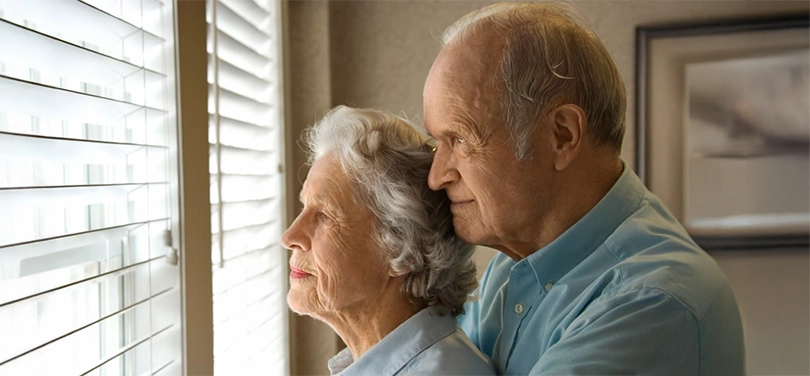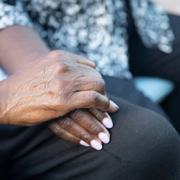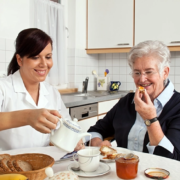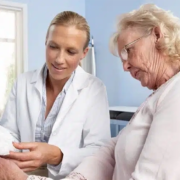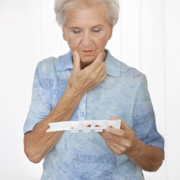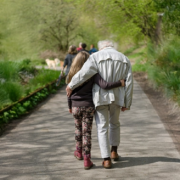Caregiving, Seniors with Cancer
The incidence rate of cancer rises so dramatically with age, the World Health Organization lists ageing as a fundamental factor in the development of cancer as over 75% of all cancer diagnoses in the US come from people aged 55 and older. So how can you prepare for caring for seniors with cancer diagnosis at an advanced age?
Caregiving – Seniors with Cancer
The National Institute on Aging recommends scheduling regular screening tests for several cancers including breast cancer, cervical cancer, colorectal cancer, throat cancer, prostate cancer, and skin cancer. Screening exams including pap tests, mammograms, colonoscopies, and prostate specific antigen tests certainly ought to be included in every senior’s medical routine as when cancer is detected early treatment is likely to be far more effective.
It is also important to be aware of rare cancers that seniors are at an extremely high risk for. Pleural mesothelioma, for example, only affects about 3, 000 people a year in the United States but because it has a latency period of 20-50 years before it begins to enter metastasis, it affects seniors almost exclusively. Even worse, because it’s symptoms- which include difficulty breathing and a fluid build-up in the lungs- are so commonly associated with other diseases seniors commonly face it often is not diagnosed until the cancer has spread through-out the body, making early detection even more invaluable.
Preventative care measures are extremely important, as many seniors are no longer engaged in an active lifestyle. Regular exercise and a healthy eating plan can not only prolong your life, but, along with abstaining from heavy amounts of alcohol and smoking, are among the best ways to work to prevent cancer from occurring.
A serious concern of taking care of senior diagnosed with cancer is that because seniors have fewer and less effective nerve cells they are far more susceptible to chemotherapy-induced neuropathy and nerve damage than younger people are. This nerve damage is most common in the extremities such as the arms and legs and can cause a tingling, pain, numbness, or less sensitivity to touch.
Fortunately several simple tasks such as walking can help to circulate the blood can reduce this neuropathy. Regardless it’s important to keep sharp objects such as razors, knives, and scissors out of the hands of seniors with chemotherapy-induced neuropathy may not feel a cut until it becomes serious, and avoid extreme temperatures as these may further damage nerve cells and cause pain and agitation.
In the end, thousands of seniors are diagnosed with cancer each day marking the beginning of a devastating and life-threatening journey for both them and their caregivers, but the best chances for a healthy recovery is to be aware of the dangers and continue to receive regular scheduled screenings so that a tumor, if found, is found early. Caregiving, Senior with Cancer. Contact us to learn more!

